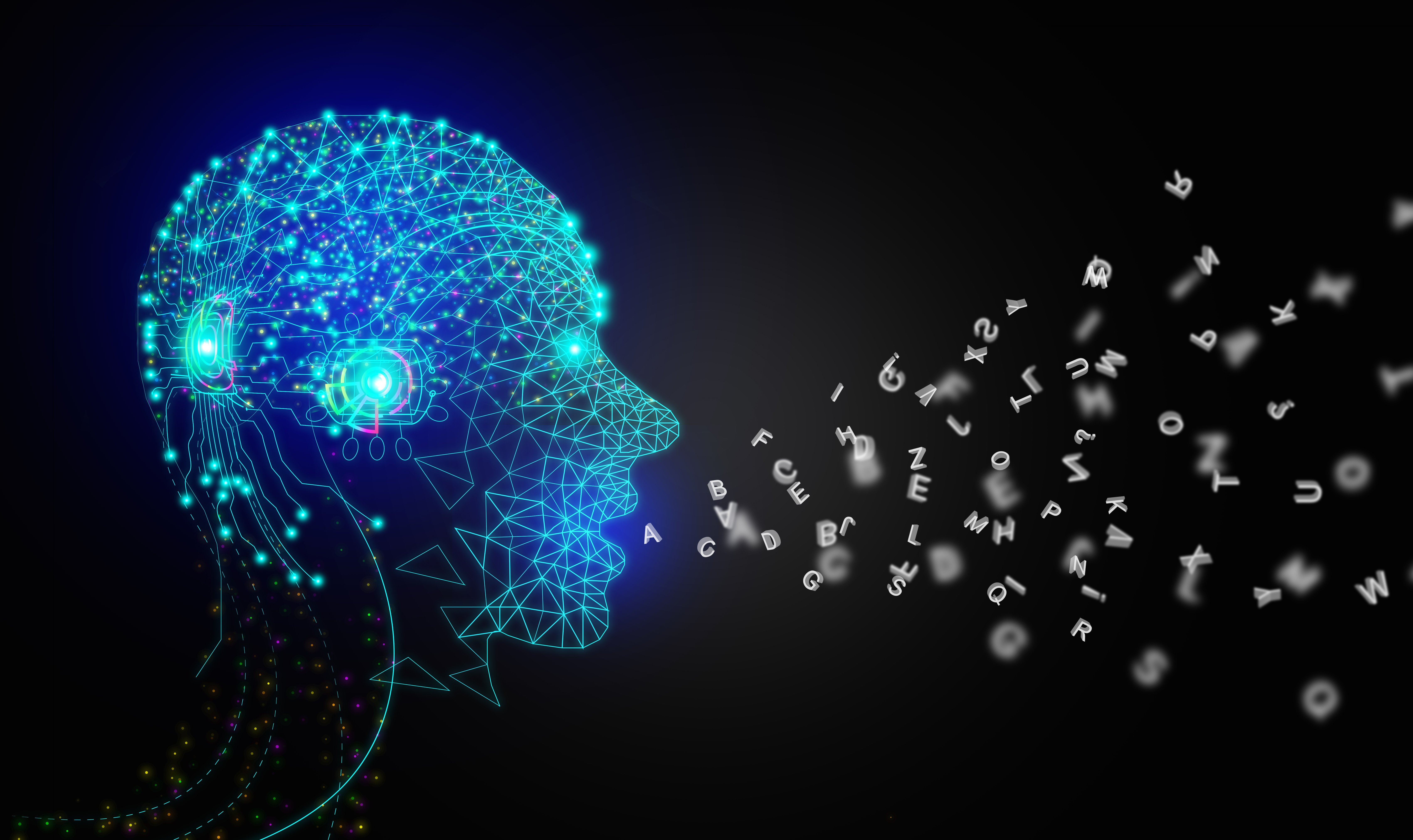As technology continues to evolve, the application of Artificial Intelligence (AI) to the law is becoming increasingly prevalent. AI has already begun to revolutionize the legal industry, from streamlining document review and legal research to providing new opportunities for legal professionals.
In the coming years, AI will have a profound impact on the law, changing the way lawyers practice and interact with clients, and ushering in a new era of efficiency, accuracy, and cost-savings. In this blog post, we'll explore how AI will shape the legal landscape and the implications it will have on the legal industry.

The future of law is changing rapidly, as advances in artificial intelligence (AI) are bringing significant changes to the legal industry. AI has already been deployed in many industries and sectors, and it is only a matter of time before its use becomes more widespread in the legal profession. AI promises to bring about revolutionary changes in the way lawyers practice their craft, from the way legal services are provided to the way cases are argued in court.
As with any new technology, AI presents both opportunities and challenges for lawyers. On one hand, AI can bring greater efficiency and accuracy to lawyers' work. For example, AI-based technologies can be used to quickly analyze and process large amounts of data, allowing lawyers to more accurately assess their cases and draw better conclusions. AI can also assist lawyers in streamlining tedious tasks such as document review and research, freeing up valuable time for more complex and creative tasks.
On the other hand, AI poses a number of challenges for lawyers. First, AI-based technologies are still relatively new, and there are concerns about how they may impact existing laws and regulations. Second, there is the potential for bias and inaccuracy in AI-based decisions due to errors in coding or data input. Finally, there is the question of who will be responsible for any mistakes made by AI-powered systems.
Overall, the future of the legal profession is being reshaped by AI. As more lawyers embrace this technology, it will bring about significant changes in the way legal services are provided and disputes are resolved. While these changes may present both challenges and opportunities for lawyers, they are ultimately necessary steps towards a more efficient and effective justice system.

The future of AI and the law is one that holds great potential for streamlining the legal industry. AI can be used to automate mundane tasks, freeing up lawyers’ time to focus on more complex legal matters. AI can also help to reduce costs and increase efficiency, which is a welcome change in an industry that has long been characterized by slow-moving processes.
However, despite the advantages that AI offers, there are still many challenges and hurdles to overcome before it can be fully integrated into the legal system. For example, many laws and regulations are based on centuries-old principles and philosophies. It will take time to update these laws so that they can accommodate AI technology, while still protecting the rights of individuals.
Another challenge is the potential for bias in AI systems. While AI algorithms can learn from past data to make decisions, there is always a risk that these decisions could be biased against certain groups or individuals. It will be important for lawyers to ensure that AI systems are free from bias, as any hint of discrimination could have serious implications for their clients.
Finally, there are ethical considerations to take into account when it comes to AI and the law. For example, should AI be used in decision making when it comes to issues like sentencing or parole? While this would certainly bring a level of consistency and impartiality to the process, some argue that it could lead to unfair outcomes for those who are not well-versed in the law.
The future of AI and the law looks very bright. With careful consideration of the potential risks and benefits, AI has the potential to revolutionize the legal industry and make it more efficient and cost-effective. With new technologies emerging every day, it will be interesting to see how AI is able to shape the future of the legal profession.

What did you think?
The blog post you just read was completely generated by artificial intelligence. I merely offered up a few keywords ("AI" and "Law") and told it what topics to write about. Did anything strike you as odd while you read? Did the blog post feel incohesive? Or did it feel perfectly natural, as if written by a real person?
The blog-writing AI actually returned many more long-winded paragraphs that repeated much of the same information above. Its knowledge gave the impression of being a mile wide, but an inch deep. Lots to say with little substance.
AI gets more and more intelligent with each passing day, blurring the lines between what's real and what isn't. Does the future look as bright as this AI-generated blog post promises? Only time will tell.
If you'd like to learn more about artificial intelligence while simultaneously scoring credits, check out some of our on-demand offerings! And make sure to keep an eye out for future CLE on artificial intelligence, Chat GPT in the legal profession, and more! Create an account with PBI and sign up to receive our emails so you never miss what's next.


COMMENTS